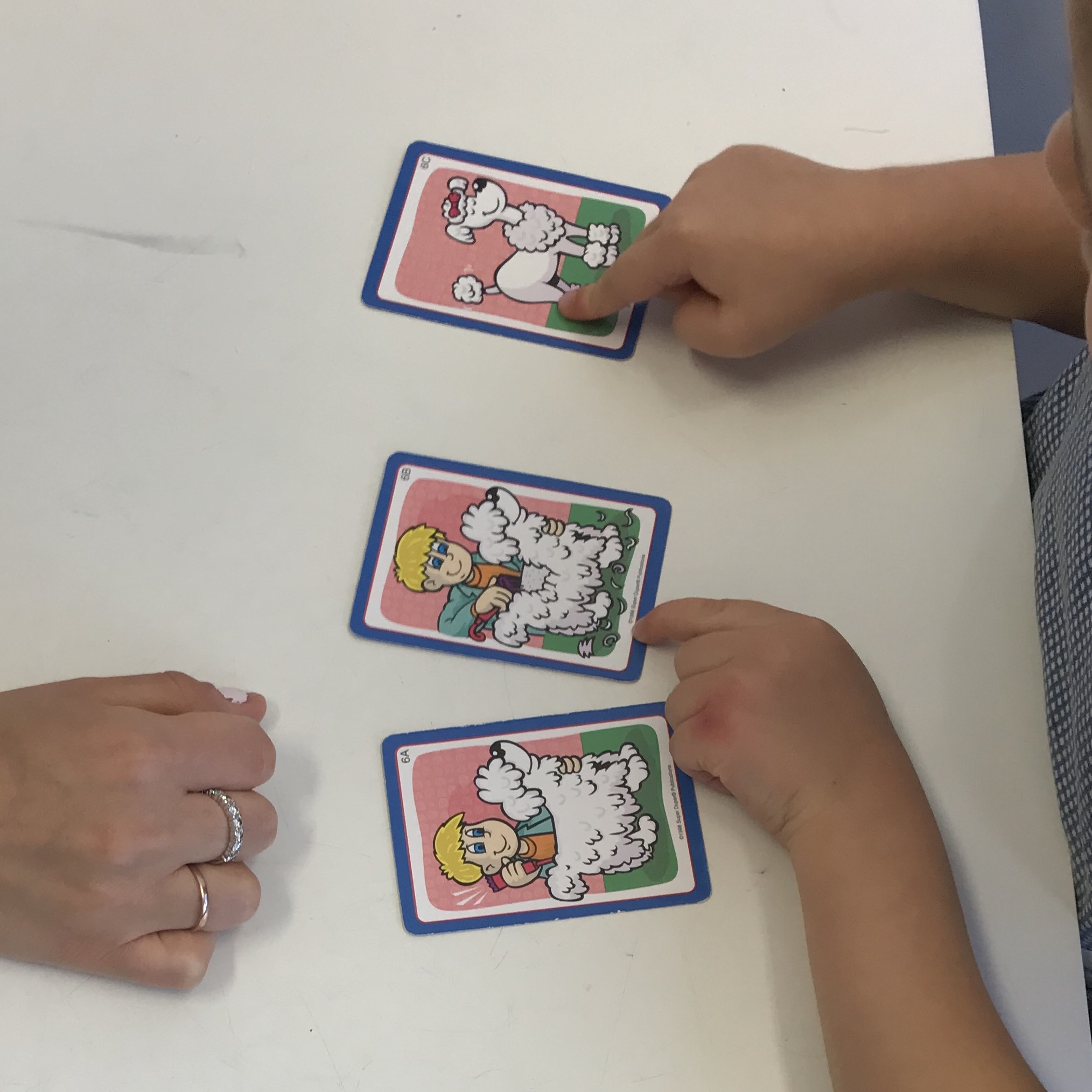
How Screen Time Affects Speech and Language Development
In today’s digital world, it’s easy for young children to spend hours in front of screens. From tablets to televisions, many families use screens for entertainment and educational purposes. While some screen time can be beneficial, excessive use may affect a child’s speech and language development. As parents, it’s important to understand how screen time impacts communication skills and what you can do to support your child’s development.
At OneOnOne Children’s Therapy in Bondi Junction and Mascot, we often address concerns about how screen time affects children’s speech and language. Here, we’ll explore the effects of screen time and share strategies to manage it effectively.
How Screen Time Affects Communication Skills
1. Reduced Face-to-Face Interaction
Speech and language development thrives on human interaction. When children spend too much time on screens, they miss out on valuable face-to-face conversations. These interactions are crucial for learning social cues, body language, and verbal communication.
Children learn best by watching and imitating others. If they are absorbed in screens, they lose the chance to engage with family and peers. This can delay their speech and language milestones.
2. Limited Vocabulary Growth
Screen time often involves passive watching. While some educational programmes can introduce new words, they can’t replace active conversations with parents or caregivers. Children build vocabulary through real-life experiences, such as talking about objects they see or actions they perform.
When screen time replaces these rich, interactive experiences, a child’s vocabulary development can slow down. They may also struggle with using the right words in different contexts.
3. Lack of Two-Way Communication
Many screen activities, such as watching TV shows or playing video games, don’t encourage two-way communication. Two-way communication involves both speaking and listening, which is key to developing strong language skills. Without it, children may not practise conversational skills like taking turns in a discussion, asking questions, or responding to others.
Even educational apps, while interactive, may not provide the same quality of language learning as talking to an adult or peer.
4. Attention and Focus Issues
Too much screen time can also impact a child’s attention span. Constant stimulation from screens, with quick scene changes and bright visuals, can make it harder for children to focus during conversations or listen to instructions. Speech and language development requires attention and the ability to focus on what others are saying.
If a child struggles to pay attention, they may find it difficult to pick up on new words or grasp the meaning behind them.
5. Delayed Social Skills
Screen-based entertainment often isolates children, limiting their social interactions. Social skills are closely tied to language development. Through playing, talking, and interacting with others, children learn how to express themselves, understand emotions, and interpret social cues.
Children who spend too much time on screens may find it harder to develop these essential skills, leading to delayed speech and language progress.
Managing Screen Time for Healthy Development
At our Bondi Junction and Mascot clinics, we suggest some simple strategies to help parents manage screen time while promoting speech and language development:
1. Set Clear Limits
Limit screen time to no more than one hour a day for children aged 2 to 5, as recommended by health professionals. Ensure that screen time does not replace face-to-face interaction or playtime, which are vital for speech and language learning.
2. Watch Together
When your child uses a screen, watch with them. This allows you to interact and discuss what’s happening. Ask questions like, “What did you see?” or “Can you tell me what they’re doing?” Engaging with your child during screen time turns a passive activity into a learning experience.
3. Encourage Real-World Play
Encourage play that involves talking, storytelling, or pretend play. These activities provide natural opportunities for children to use language and develop their communication skills. Outdoor play, games, and reading together all help build vocabulary and social skills.
4. Create Tech-Free Zones
Set screen-free zones in your home, such as during meals or bedtime, to promote conversation and bonding. These moments provide excellent opportunities for your child to practise speech and language skills in a relaxed, interactive setting.
5. Use High-Quality Content
If your child uses screens, choose high-quality, educational programmes or apps designed for language learning. Look for content that encourages participation and interaction rather than passive viewing.
When to Seek Help
If you’re concerned that your child’s speech or language development is delayed, it’s important to seek professional advice. Early intervention can make a significant difference in helping children develop strong communication skills.
At OneOnOne Children’s Therapy in Bondi Junction and Mascot, our experienced Speech Pathologists work with children to overcome speech and language delays. We offer personalised strategies to help your child improve their communication, even if screen time has become an issue.
Conclusion
Screen time is part of modern life, but it’s essential to manage it carefully to support your child’s speech and language development. By setting limits, encouraging interaction, and promoting face-to-face conversations, you can ensure that screen time doesn’t hinder your child’s progress.
If you’re worried about your child’s speech and language skills, our Speech Pathologists at OneOnOne Children’s Therapy in Bondi Junction and Mascot are here to help. Contact us today to schedule an assessment or learn more about how we can support your child’s development. Our Speech Pathologists are members of Speech Pathology Australia.
